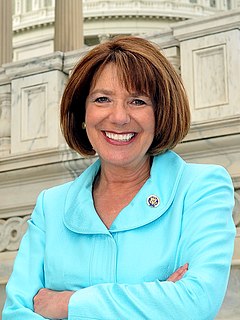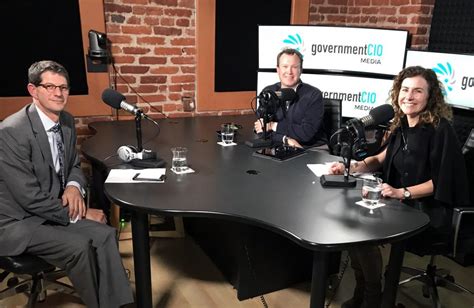A Quote by Ken Xie
Ninety percent of cyber security companies begin in the detection stage. The issue is there are so many applications and alarming messages it is difficult for the user or the administrator to manage.
Related Quotes
It's always been government's role to protect the security of the nation. And cyber-attacks is a security issue, from our perspective. And it's a security issue of particular concern with respect to the nation's core critical infrastructure, the infrastructure everyone relies on, the energy sector, the telecommunications sector, the banking sector.
It ends a 40-year ban on exporting U.S. oil. It's changed - it's included in its cyber-security legislation - that says to private companies, hey, if you share with us your data on your cyber-attacks, your potential cyber-attacks, we'll give you liability protection. And they authorized a health care program for 9/11 responders for 75 years to cover the length of their lifespans.
The wheel of government will continue to work, even as these people come in and we wait for them, but the issue is, there's always one thing, that a new administration confronts.For the Bush administration, it was terrorism. For this administration, it's going to be cyber-security, not Russian hacking. That's a symptom of the bigger problem, but the bigger issue of cyber, how they deal with that. So, we may see something else we're not anticipating. That's going to be their challenge.
What happens with smaller businesses is that they give in to the misconception that their site is secure because the system administrator deployed standard security products - firewalls, intrusion detection systems, or stronger authentication devices such as time-based tokens or biometric smart cards. But those things can be exploited.


































